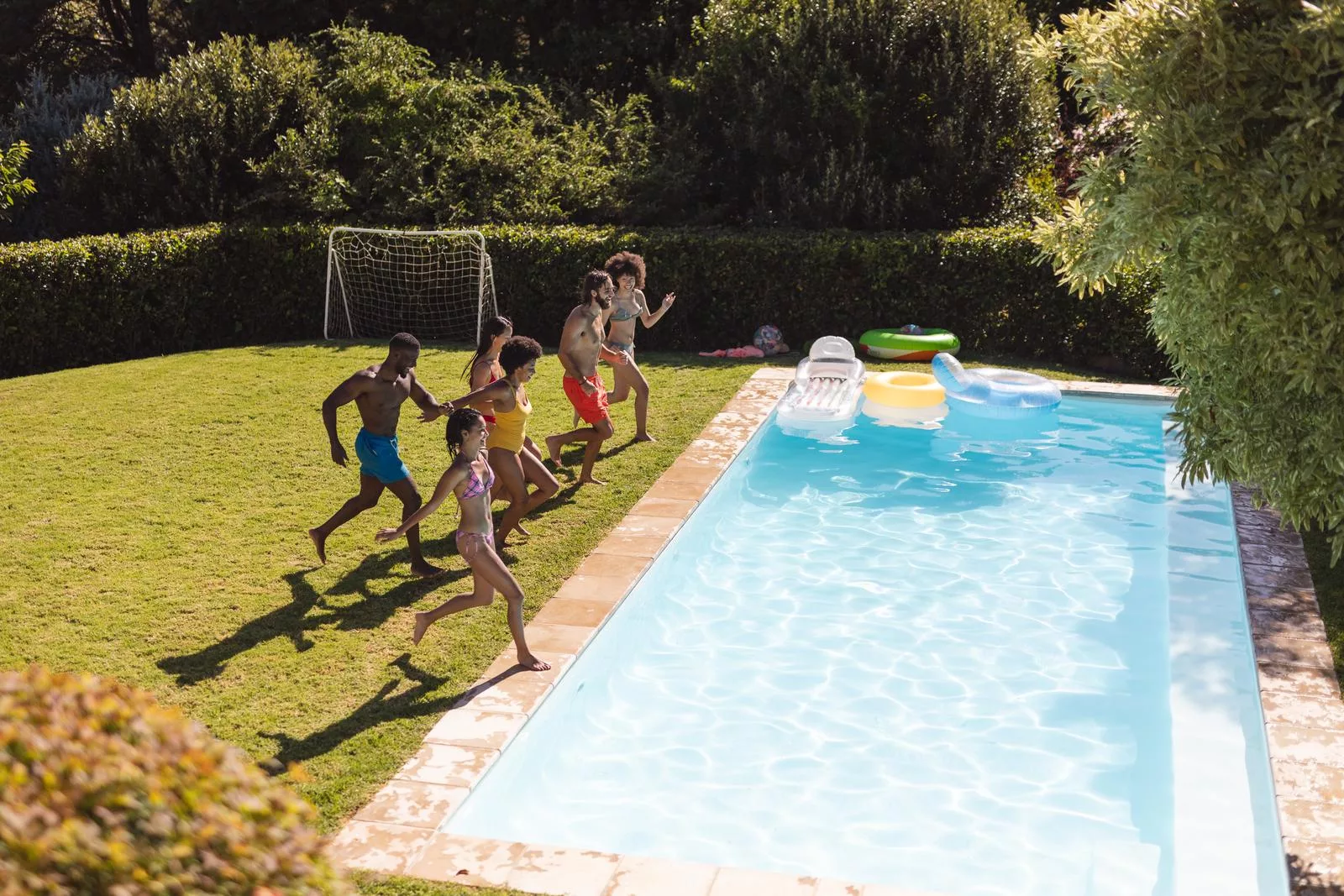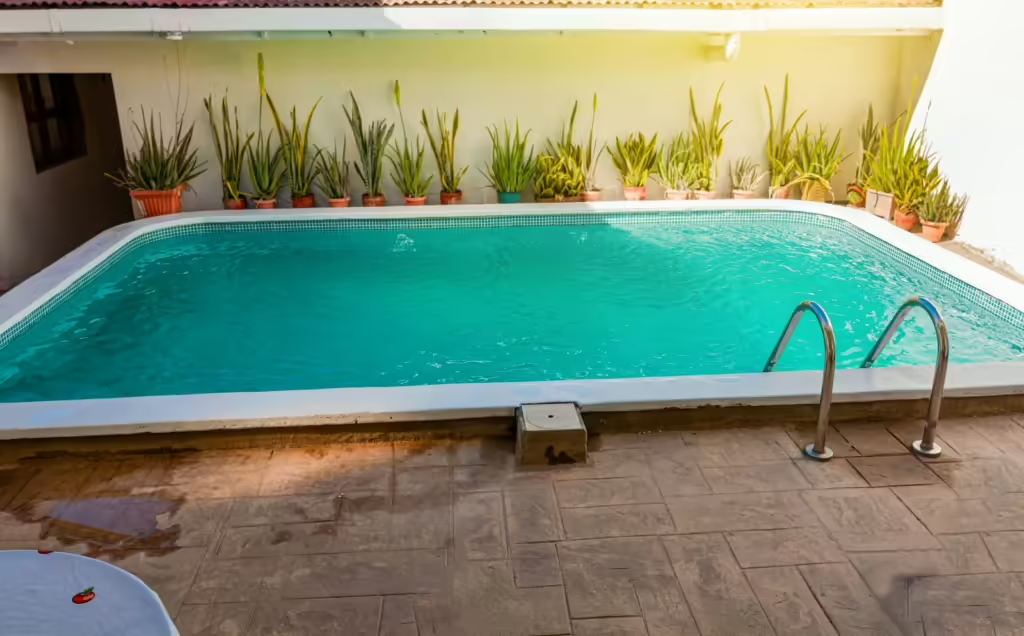What Are the Legal Responsibilities if a Person Drowns in a Swimming Pool?
Because Florida is warm year-round, many people often find relief by relaxing at the local public swimming pool or at a friend’s backyard pool. However, there are significant legal risks associated with swimming pool ownership. Even if someone takes precautions to ensure the safety of their guests, they may still be the target of a lawsuit if someone drowns or is injured on their property.
Pool owners should be aware of their legal responsibilities and what they should do to keep others safe on their property.
Who Is Accountable for a Death that Occurs in a Swimming Pool?
Florida state law mandates that the individual or entity owning the pool may be held legally responsible for any injuries or death due to negligence. In terms of pool safety, negligence can mean failing to maintain or operate the pool properly or not providing adequate supervision.
For this reason, pool owners and operators have a legal responsibility to constantly assess and deal with any potential hazards that may arise to prevent accidents and drowning deaths.
Valentina Varona
RTRLAW does an impeccable work. Everyone is kind and I found this firm to have high quality professionals compromised to my needs.
What is a Duty of Care in Relation to a Swimming Pool Accident?
All swimming pool owners have what is known as a legal “duty of care” to ensure the safety of those who use their facility. To successfully prove a lawsuit, four legal elements must be successfully proven which are:
- The property owner owed a duty of care to care to prevent injuries.
- The property owner failed to meet their duty of care.
- The breach of duty directly led to an injury.
- Damages were suffered as a result of the injury.
What is Premises Liability for Private Swimming Pool Accidents?
Premises liability laws regulate private property. Pool owners owe their guests and workers on their property (otherwise known as invitees and licensees) a duty of care. They must supervise children invited to the pool and provide a barrier to prevent them from entering the pool unsupervised.
What Can You Do to Prevent Swimming Pool Accidents?
Swimming pools are known as an “attractive nuisance” in Florida, meaning the pool owner may be held liable for injuries that children sustain even if they are trespassing.
However, there are several steps a pool owner can take to help prevent children from accessing the pool without supervision. These steps include:
- Fully enclosing the pool area with tall, self-locking fences.
- Installing gate and pool door sensors.
- Installing video cameras to monitor the pool area.
- Learning basic swimming skills and CPR.
- Closely supervise children in the pool area at all times.
How Can an Attorney Help Me if a Loved One Drowned in a Swimming Pool?
If your loved one has drowned in another person’s swimming pool, speak with an experienced wrongful death attorney immediately. Any type of wrongful death can be a traumatic experience for a family. However, you need to obtain legal representation immediately because witness memories can fade, and evidence can quickly disappear.
Contact RTRLAW for a free, no-obligation case review. One of RTRLAW’s experienced and compassionate injury attorneys can advise you of your legal options. Since 1988, RTRLAW has represented tens of thousands of clients and recovered hundreds of millions in compensation for them. If we take your case, you’ll pay nothing upfront or at all unless we win your case and recover money for you.
For your convenience, you can take care of all paperwork electronically and speak to an attorney about your case by phone. Or if you prefer, you can visit one of our convenient offices throughout Florida and Texas. If you can’t come to us, we’ll come to you – at your workplace, home or wherever is most convenient for you.
For more details, please call us toll free at 1-833-HIRE-RTR (1-833-447-3787). We’re here to serve you and your family in your time of need.
Revision History:
- Jan 13, 2026 at 7:11 am by RTRLAW (displayed above)
- Jan 13, 2026 at 7:11 am by victor


 CALL US NOW
CALL US NOW TEXT US NOW
TEXT US NOW



























